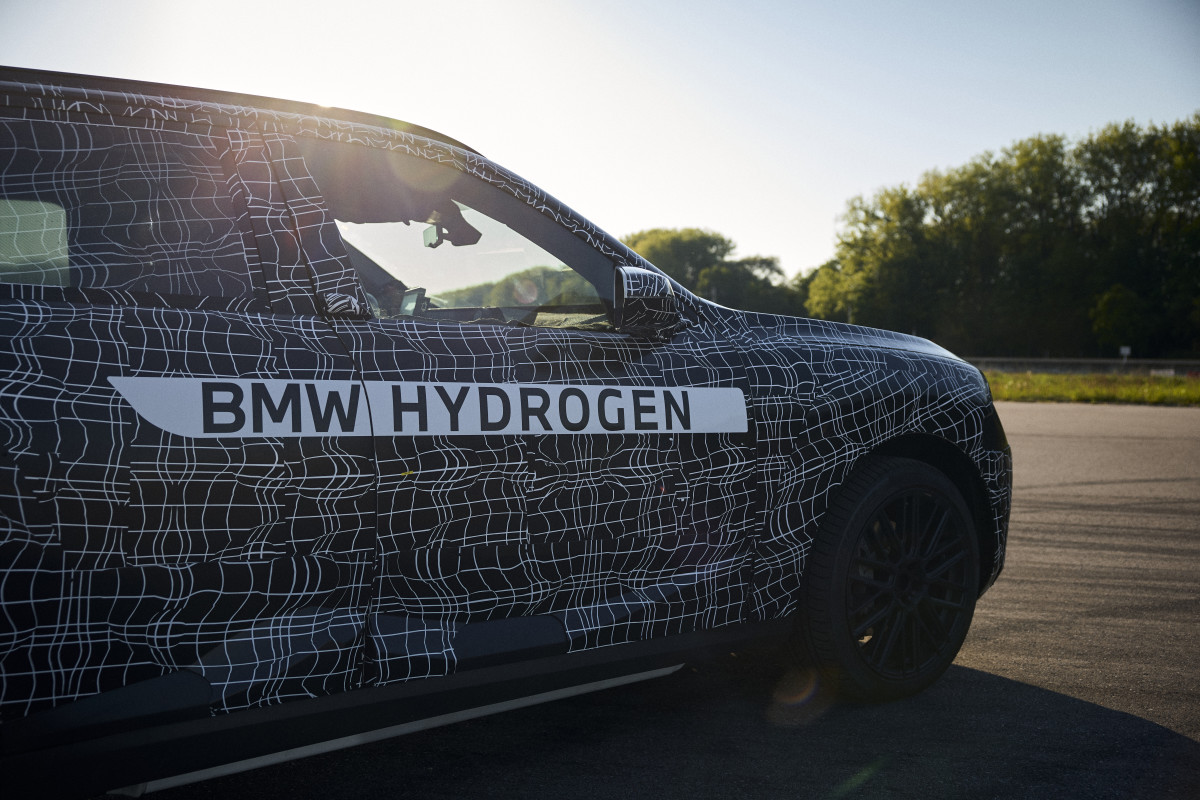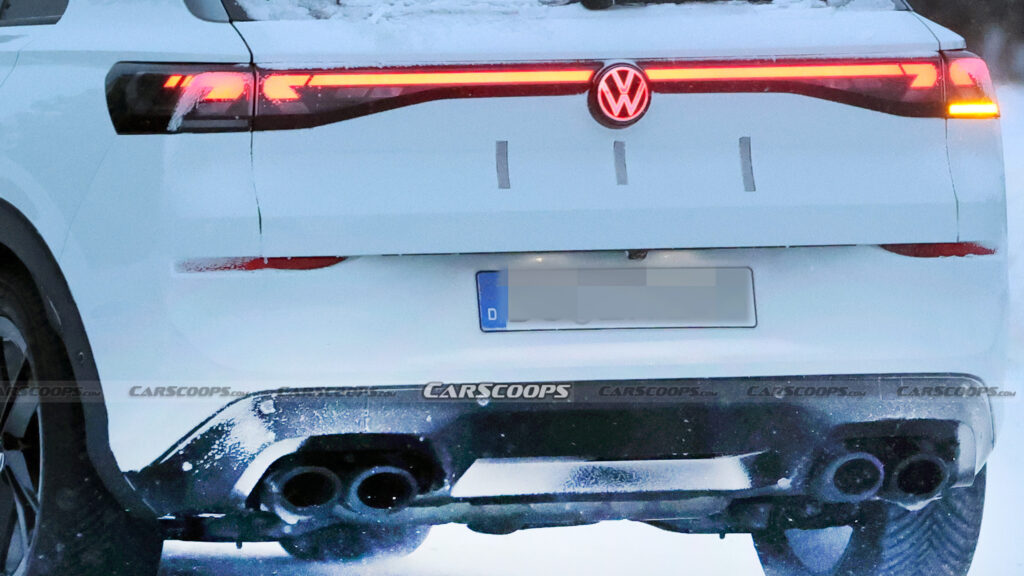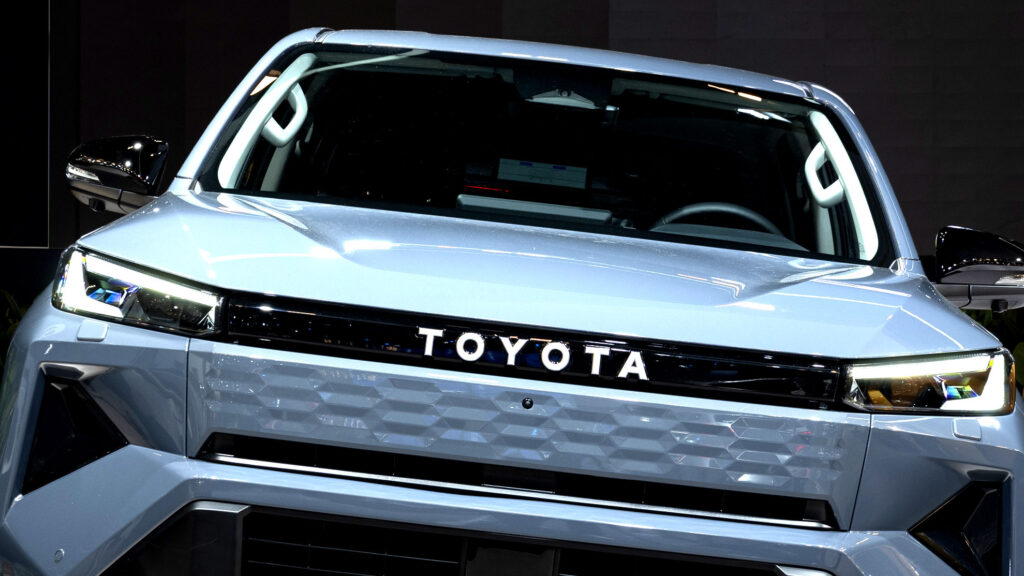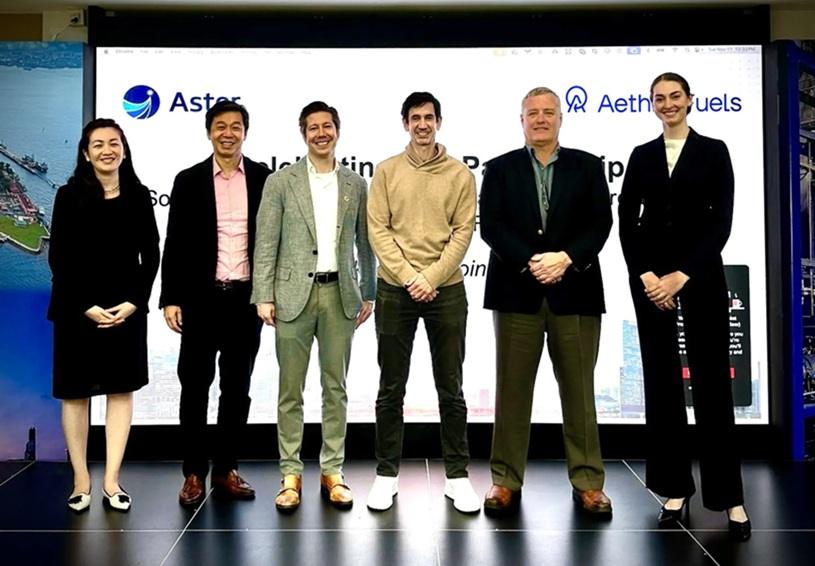BMW's commitment to hydrogen fuel cell technology underscores a pivotal shift in the automotive landscape, where diversification of powertrains is becoming increasingly crucial. The introduction of the new X5 with five drivetrain options—including hydrogen—marks a significant step towards making hydrogen vehicles accessible globally. While hydrogen has been part of BMW's offerings, its previous limited availability restricted broader adoption. The challenge remains: hydrogen production is costly and heavily reliant on fossil fuels, which complicates its role in the transition to sustainable mobility. Joachim Post, a member of BMW's board, emphasizes that hydrogen is integral to global decarbonization efforts, highlighting the automaker's ambition to lead in this emerging technology.
The launch of the iX5 Hydrogen not only aims to enhance consumer choice but also to catalyze the development of hydrogen infrastructure, akin to the impact Tesla had on electric vehicles. As hydrogen vehicles become more mainstream, they could drive advancements in refueling stations and production methods, potentially addressing current environmental concerns. Collaborating with Toyota on a third-generation hydrogen fuel cell system, BMW is poised to deliver a vehicle that combines efficiency with performance, offering quick refueling and minimal emissions. While hydrogen technology is not without its challenges, it presents a viable alternative to traditional fuels, promising a cleaner future for mobility.









